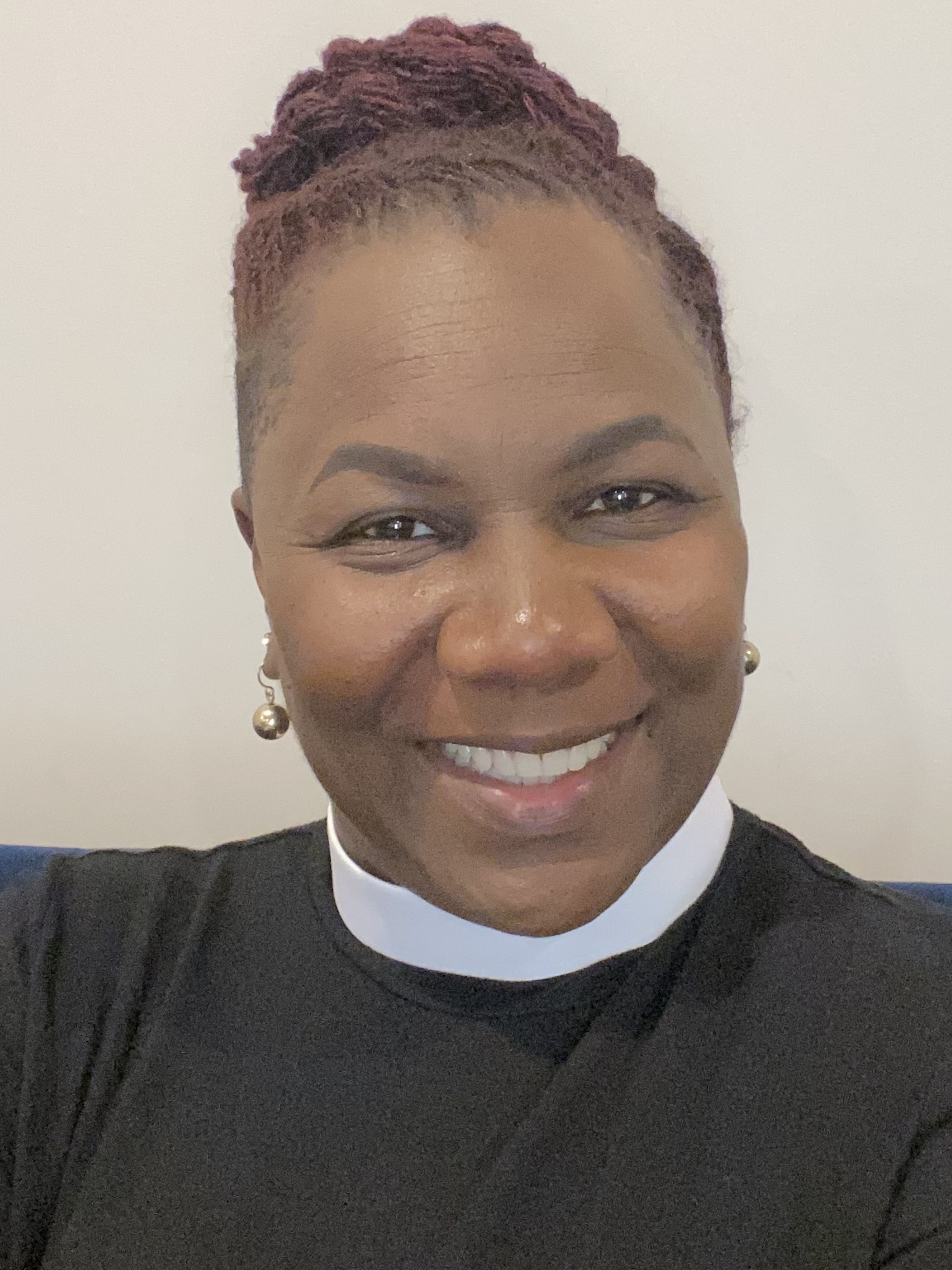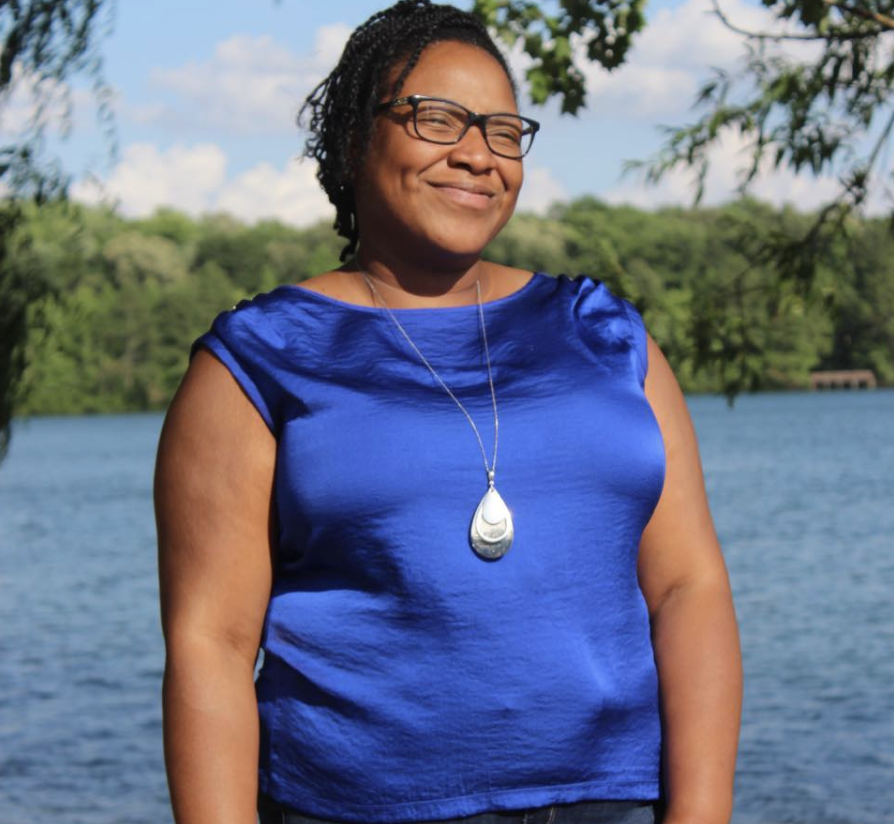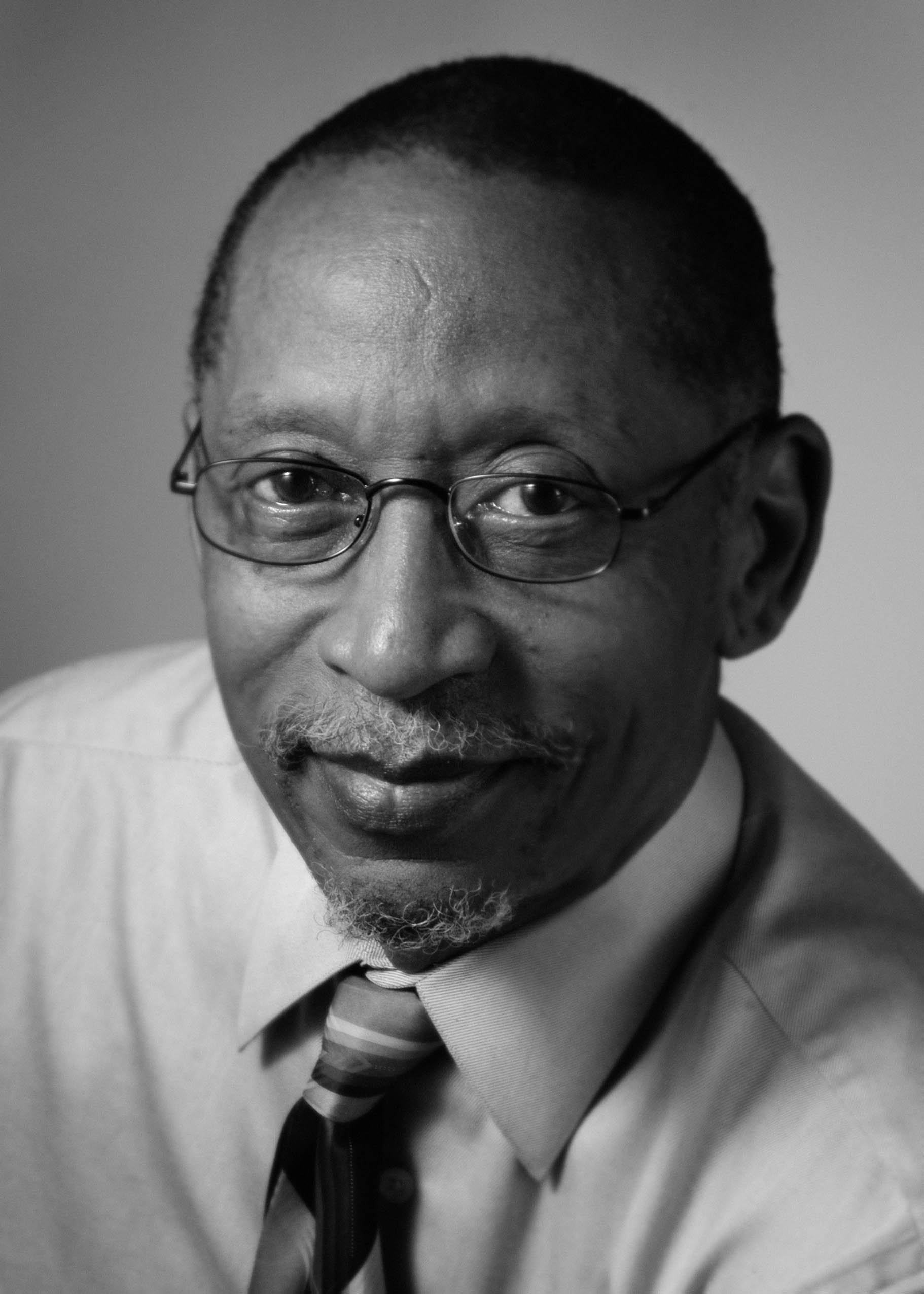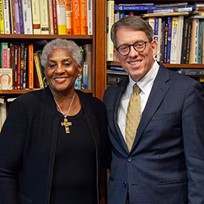Why Racism is Hazardous to Our Health
Rev. Dr. Shakira Sanchez Collins, Columnist
Exposure to racism is unavoidable. Regardless of income, education level, or location, blacks are not immune to incidents of discrimination.
A few weeks ago, the United States Department of Justice released a scathing report illustrating the racial bias within the practices of the Baltimore Police Department in predominantly black neighborhoods like that of Freddy Gray.
Yes, the US has been in the international news for its abundance of racial injustices. But, people of African descent encounter racism in many countries all over the world. In the Dominican Republic, constitutional changes have stripped the citizenship of Dominican-born residents of Haitian descent. A 2015 report by the Council of Europe’s Commissioner of Human Rights shed light on the growing intolerance and racism in France giving the example of the French Minister of Justice, who is black, being called a “monkey” during a public speech in 2013.
With its widespread nature, racism rears its ugly head at any time or place. It is not surprising that the unexpected and uninvited nature of racism leads to stress. In fact, scholars have termed this phenomenon as “racial stress.” Even more intriguing is how racial stress negatively impacts the mental and physical health of black people, according to a 2012 study from the University of Albany, State University of New York. Multiple studies of Black Americans reveal that racial stress can be linked to symptoms of anxiety and depression.
Given the correlation between stress and physical health, it is not surprising that racial stress plays a role in the health disparities seen in Black Americans who have higher rates of hypertension, or high blood pressure. These findings should force us to look at how racism already has and continues to take a toll on the health and wellness of black people.
We have to continue to address individual and systemic racial injustices which are the underlying cause of racial stress and trauma. But that is the long-term plan. What do we do in the meantime? How do we, in the short-term, deal with the negative effects of racial stress?
As a physician, I emphasize the importance of seeking professional help. We need to utilize the healing tools of professional counseling and treatment.
As a black woman, I draw upon “black joy” which focuses on inner joy and happiness. Black joy is antithetical to the negative experiences of racism. Black joy emphasizes life-giving and positive experiences. Black joy encapsulates the celebration of “Black Girls Rock” and “Blackgirlmagic” seen on social media. Black joy cheers on the personal and collective triumphs of black people despite mistreatment.
Rev. Dr. Shakira Sanchez-Collins is a resident physician, ordained minister, and health advocate. She writes about issues pertinent to the health, well-being, and lifestyle in communities of color.





